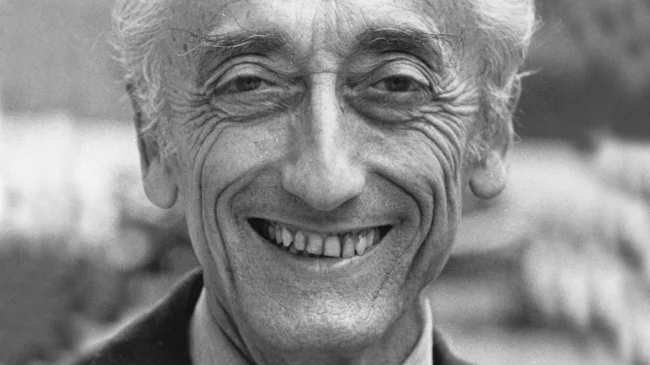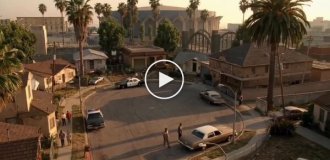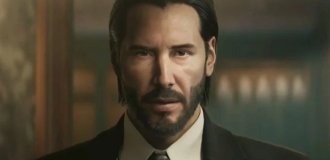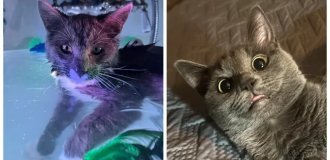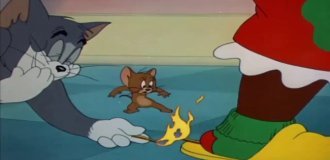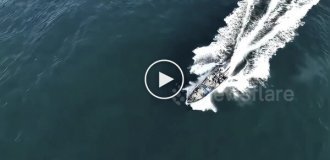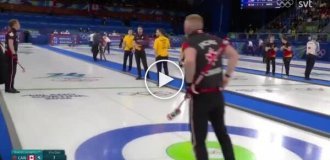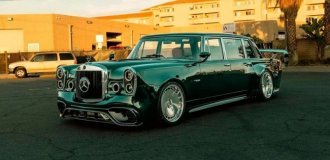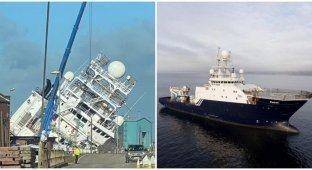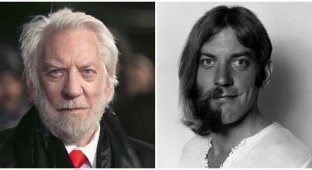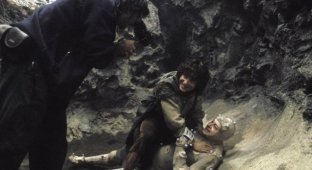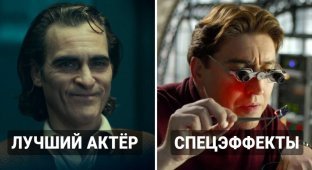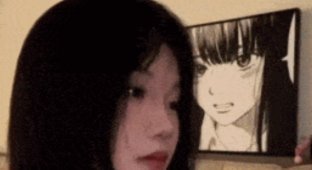Falsification and cruelty: the dark side of the famous French explorer Jacques-Yves Cousteau (8 photos)
Thanks to his films, he became a legend during his lifetime. But then it turned out that everything was not so simple. 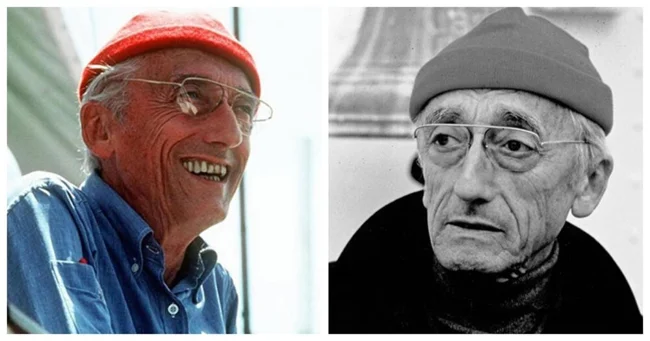
The inventor of scuba gear, Jacques-Yves Cousteau, made a splash throughout the world in 1956. He released the film “In a Silent World”, won an Oscar and became famous overnight. From that moment on, he did not need anything and did what he loved - traveling and filming documentaries. 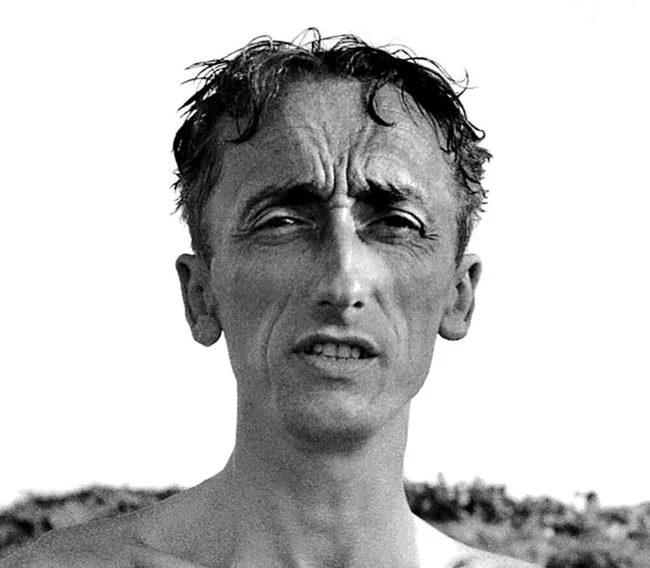
Later, he launched the series of films “The Underwater Odyssey of the Cousteau Team,” with interesting filming that no one had done before, and unusual plots. In general, he became rich and famous absolutely deservedly.
But after his death in 1997, several facts came to light. For example, his films were loved for their truthfulness, but it turned out that the researcher and director did not disdain productions. 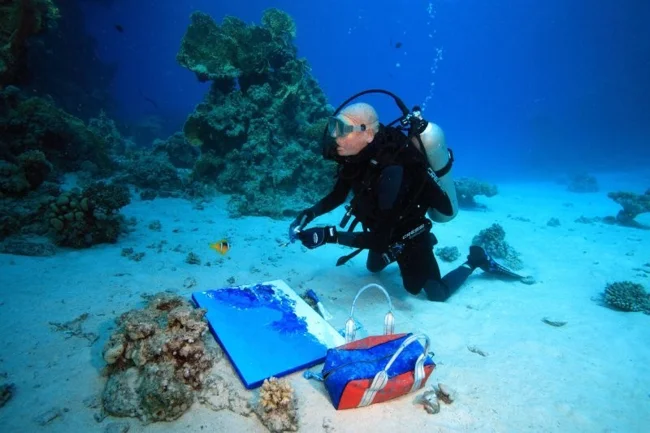
The diver Andre Laban spoke about this; he starred in Cousteau’s very first project, “In a World of Silence.” There, Laban allegedly developed decompression sickness and spent several hours in a decompression chamber. And Cousteau anxiously spoke to the camera that he was afraid for his life. In reality, Laban felt great - the director asked him to depict suffering for dramatic effect. By the way, the scuba diver himself later spoke about this:
There were a lot of things in our films that, in reality, are not as reliable as they seem.
Although this is the most harmless of all. 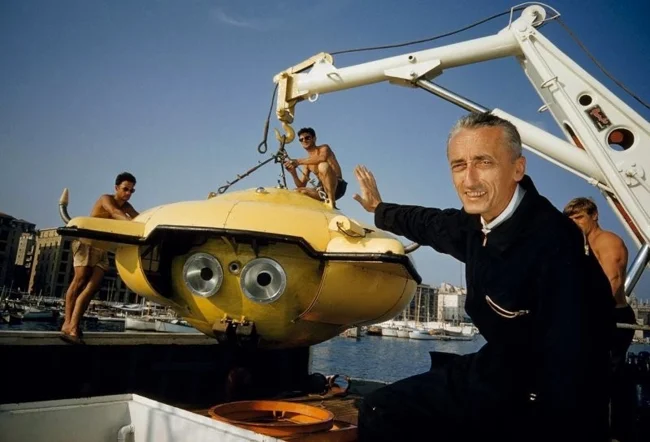
When Cousteau became rich, he bought the ship “Calypso” and began to sail the oceans. In one of the episodes of “Underwater Odyssey,” he showed a captured octopus, which supposedly came out of the tank, and then crawled along the deck to the side. In fact, the octopus did not want to crawl anywhere, but for a beautiful shot it had to do so. And Cousteau poured chlorine bleach into his water tank, it began to corrode the skin of the mollusk, so he fought in agony. 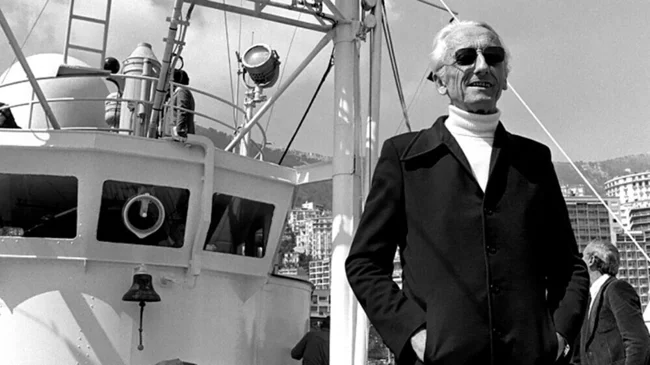
The story about two sea lions also turned out to be fake. The film depicted them also dashingly and friendlyly jumping around the deck of the Calypso. But in reality, both animals died shortly after filming due to cruel treatment. This was told by another colleague of Cousteau, Albert Falco. 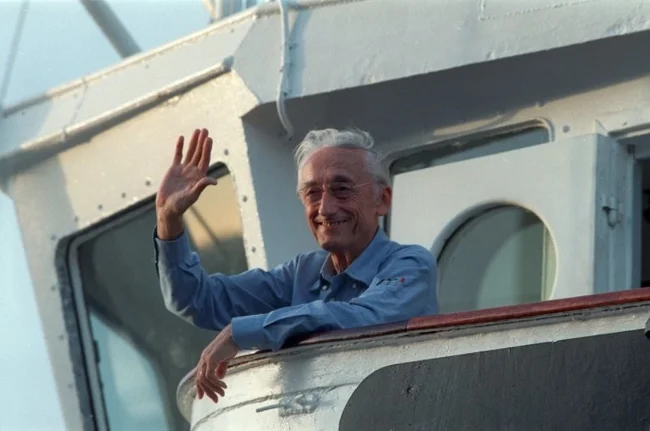
Another famous scene is a fight between two sharks. The problem was that they did not want to fight in any way, then the divers began to inflict wounds on them and the animals nevertheless fought in a mortal fight. Another episode with filming of a baby sperm whale. On the screen everything looked touching and sweet, but in real life the team came very close and eventually injured the young sperm whale with a propeller. After that he was shot. One of Cousteau's sons, Jean-Michel, reluctantly admitted many years later:
For my father, the ends sometimes justified the means.
Jacques-Yves was quite categorical even outside of work. Back in 1991 he stated:
The world's population must be stabilized, and to do this we must kill 350,000 people a day. 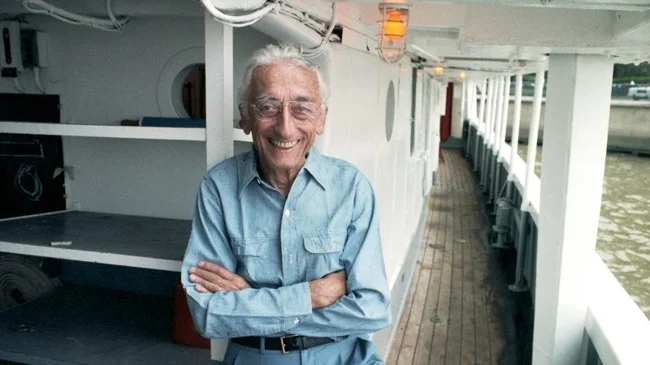
Back then they didn’t pay much attention to all this. But after the death of the researcher and several interviews with his associates, many became thoughtful. It turned out that “good grandfather Cousteau” was not so positive. 